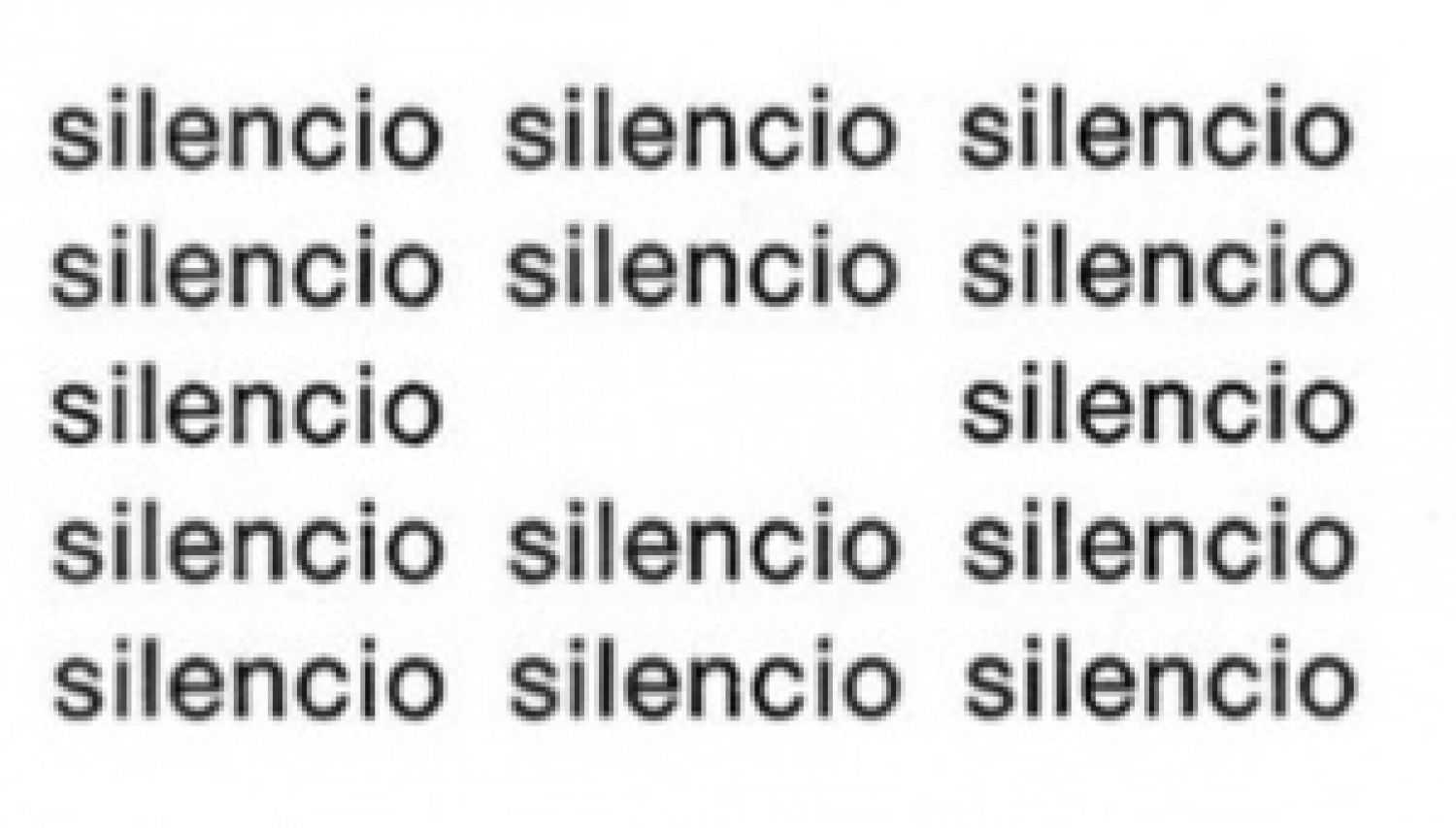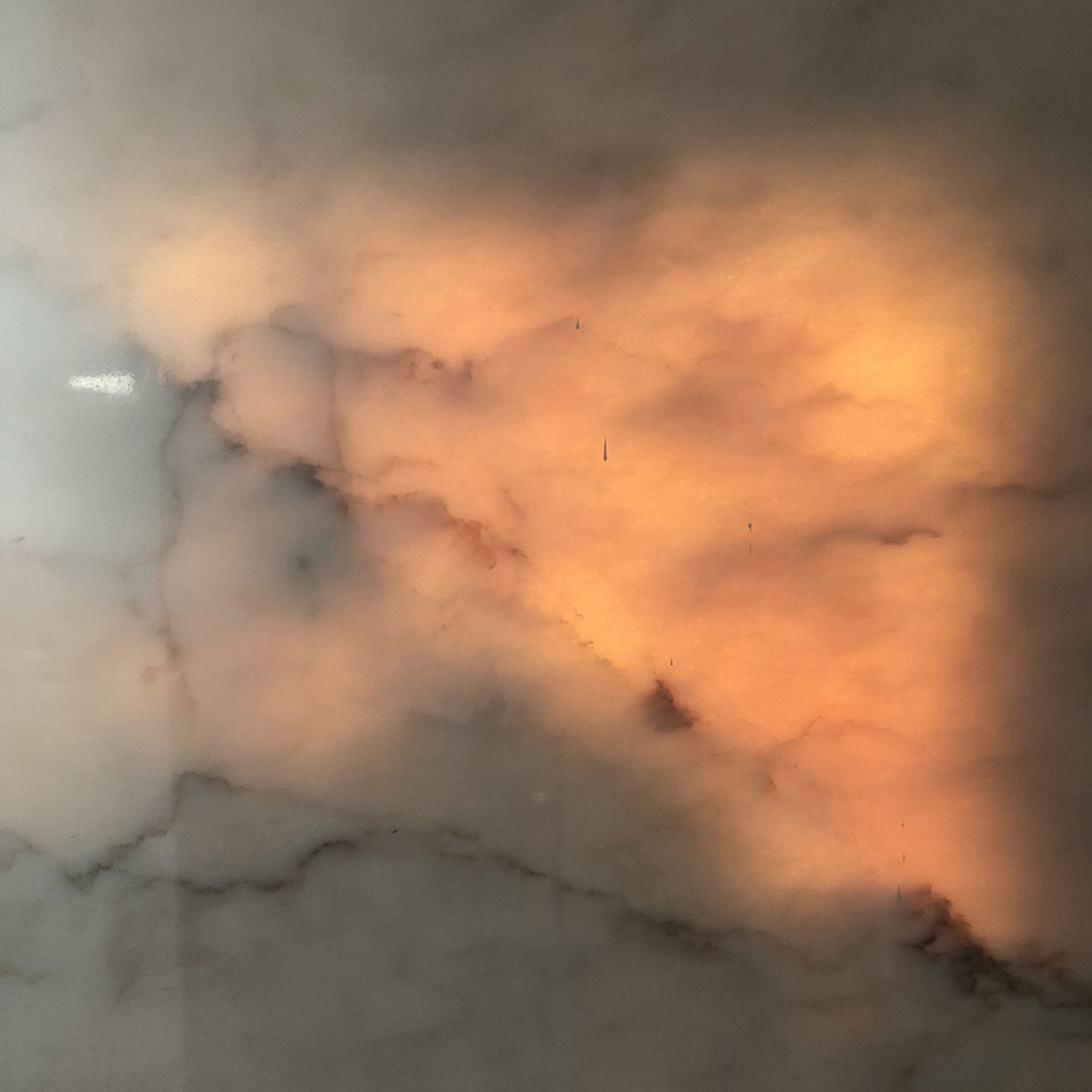Les interdits: la survie migre
Jérémy Pajeanc & Pedro Góis69 At the margins of the principles – a likely frontier is drawn.
1969: The human being goes beyond the space boundaries and walks for the first time on the moon. The 60's are marked by vast freedoms: sexual, gender, expression, movement, among others. Nothing has a limit!
Technological, medical, nuclear, spatial, social innovation, all in favor of an evolution, liberation and emancipation of the human being without borders.
However, ’69 is also the beginning of the end. The first deadly victim of the new HiV virus, Robert Rayford is taken by a terrible virus. Infected in Haiti and taken with him to the United States. It is the beginning of an epidemic that will decimate countless men and women and mark the end of sexual freedom.
2019: 50 years later, the report is fragile and bleak. Even if emerged by technology, there is still no cure against the HiV virus. After decades of social and political struggles for diverse freedoms and equality, closures grow, walls rise, and social, demographic, migratory, and ecological crises gain ground. Are we nearing a new revolution? From another Great War? Are we cursed by Daedalus's curse?
«In a colossal challenge only the courage of generosity will be able to stand up. There is no choice but to leave the door open to migration, to refugees, to diversity. I remember that if we close the walls around us, we will get trapped inside.» (Pedro Góis, in The Daedalus Curse or an idea of Europe that comes to an end.)
Jérémy Pajeanc
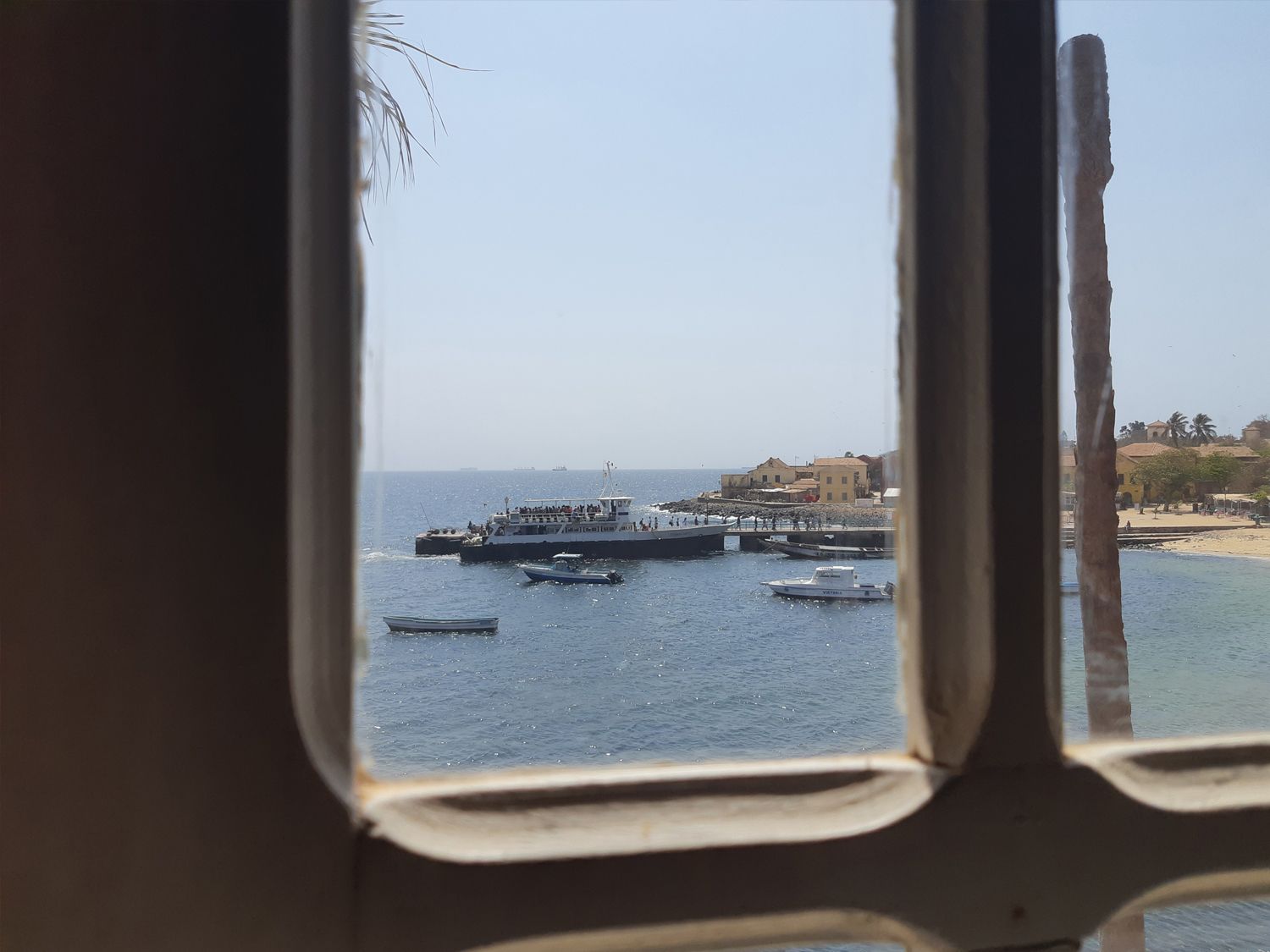
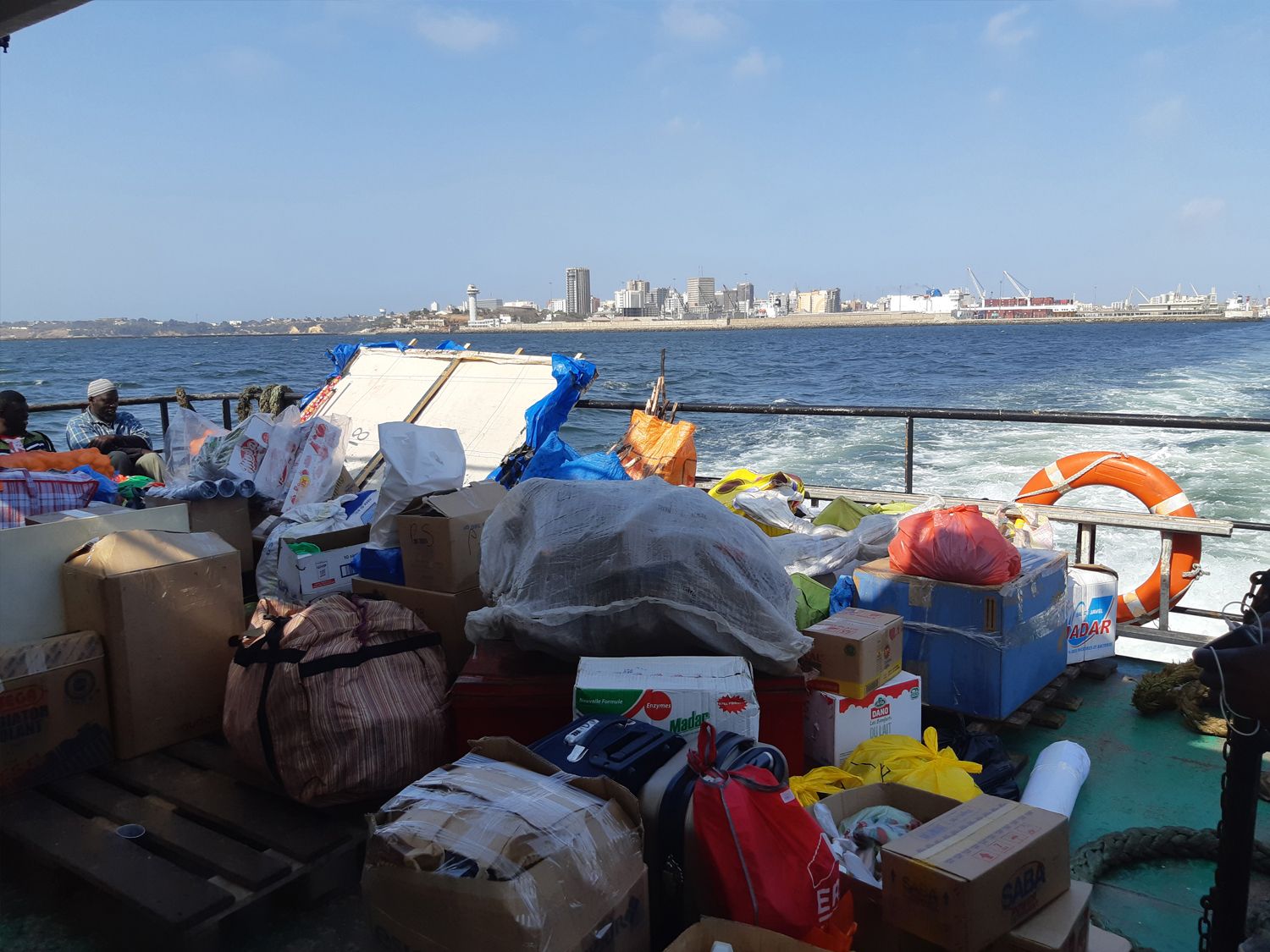
Between Frontier and Future (separating Frontier and Border)
Somewhere in the recent past, we defined that frontier was what we had to know most advanced in any scientific field. A conceptual equivalent of the avant-garde with which we once defied collective certainties. When common sense is called into question with a new and innovative project we are at Frontier. Amen. Insha'Allah.
Frontier is, in the jargon of science, anticipating the future. But the border, as a border, is another reality not of advancement but of immobility, of motionless motion. Border as border is a discriminatory power to instruct exclusion. Georg Simmel[1] (1999 [1908]), a 100-year-old avant-garde, states that the border «is not a spatial fact with sociological consequences, but a spatially formed sociological fact» (p. 697). The frontier is thus understood not only as a line separating territories, but also as itself producing processes of differentiation between individuals. Je suis Border.
Still according to Simmel, «it is not the countries (...) that are limited to each other; but the inhabitants or owners who develop the effect [of mutual limitation]» (1999 [1908]: 697). The frontier is, in this sense, a social invention with real consequences. Separates and unites, unites and separates, separates more than unites. On each frontier a line of exclusion, on each face on the frontier the embodiment of social inequality. Making the frontier a frontier is not easy and is in itself a vanguard few can reach. Free movement of ideas is the ultimate frontier for each of us to become the last frontier. It starts here. Hopefully.
Pedro Góis
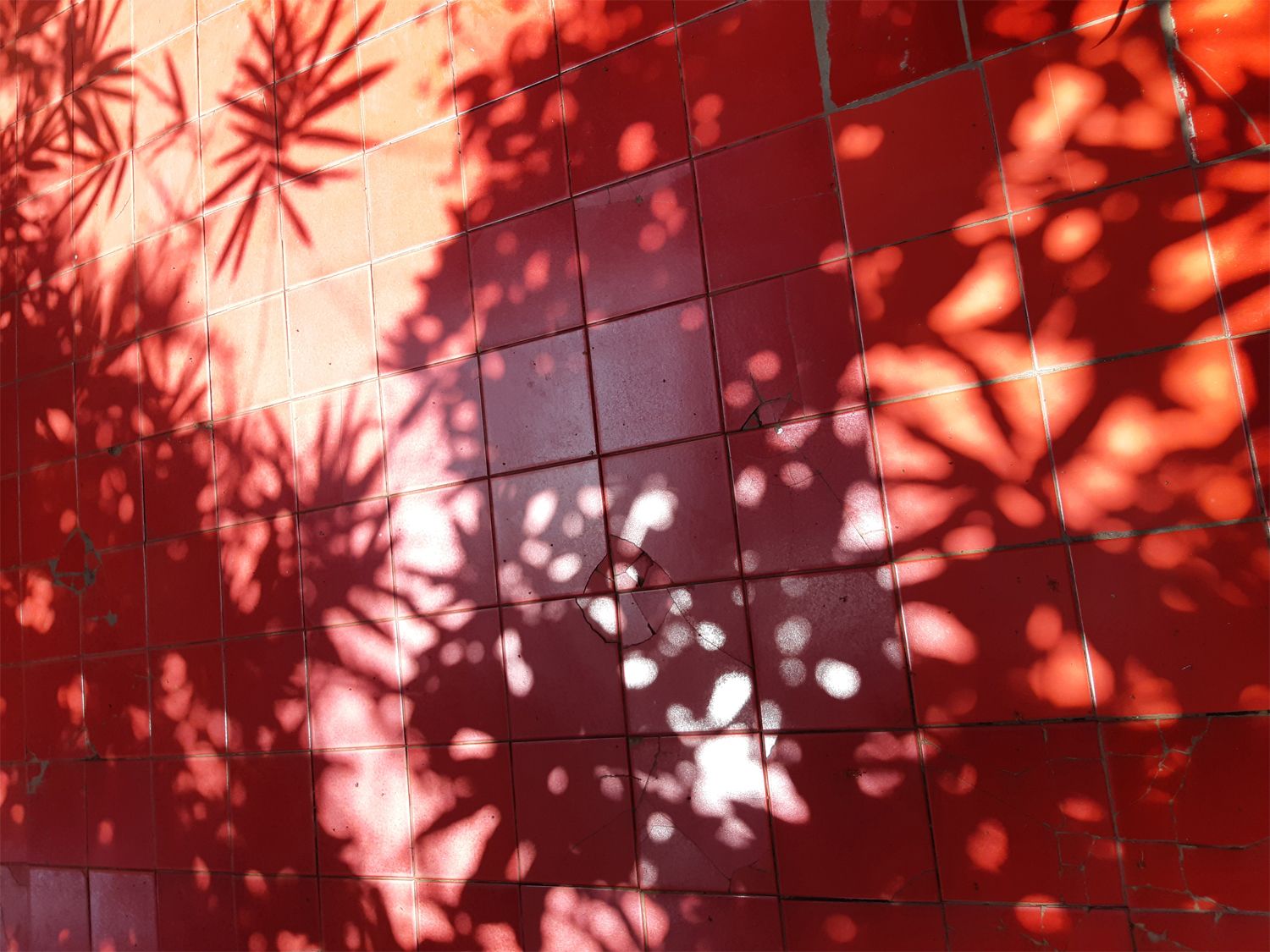
Footnotes
- ^ Simmel, G. (1999 [1908]). Soziologie. Untersuchungen über die Formen der Vergesellschaftung. Gesamtausgabe, vol 11, Frankfurt am Main Suhrkamp Verlag.
